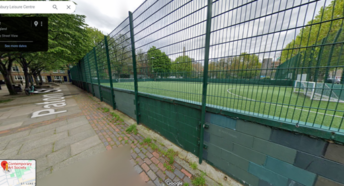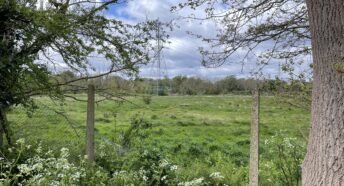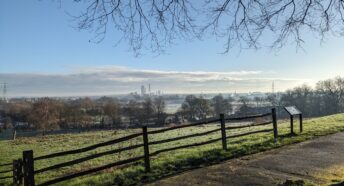Supreme Court delivers important judgment for green spaces
The Supreme Court judged in favour of Shrewsbury resident Peter Day on 1 March 2023 in an important judgment for public green spaces across the country.
The Judgment confirms that local authorities can only validly dispose of public open space in closely circumscribed circumstances, that they must ensure they identify whether land they offer for disposal is public open space before disposing of it, and if it is, they must follow the correct statutory procedure. Also that the words of a statute must be very clear indeed before they will be treated as empowering a local authority to override the public’s rights over public open space by disposing of the land to a developer.
At the final paragraph (118) the judge states: “If, as a result of this appeal, other local authorities and parish councils decide to follow that advice and take stock of how they acquired and now hold the pleasure grounds, public walks and open spaces that they make available to the public to enjoy then that, in my judgment, would be all to the good.”
The “advice” the Court is recommending is from the auditors of Shrewsbury Town Council: “It is our view that [Shrewsbury TC] must put robust procedures in place to ensure that an oversight such as this is not permitted to recur. Where there should be any future sale of land [Shrewsbury TC] must be able to demonstrate that [it] has taken sufficient steps to establish the legal status of that land and act in accordance with all relevant legislation prior to sale. [Shrewsbury TC] should consider whether it has the legal power to proceed with any future disposals and, for the sake of good governance, should formally document the powers on which it has relied when making any such decisions.”
This is exactly the principle CPRE London and a number of local campaigners around London are fighting for: that local authorities ought to have proper regard to the status of the land, their statutory powers over it, and the limits of those powers. And the whole process should be transparent and clear.
The benefits of this judgment for the preservation of open space lie mainly in the supportive statements rather than the outcome itself which is limited to the narrow question of whether a purchaser in good faith can escape the public trust over open land where the local authority seller has not undertaken the pre-sale consultation process. This situation is only likely to arise where (as in Day) everyone has overlooked the fact that the land is public trust land.
But the paragraph about clear words being required may help in cases where councils are pushing to sell off parks for not good enough reasons.
The judge states: “What I gather from all the cases to which we have been referred is that Parliament, when enacting Part VII of the LGA 1972 and when amending those provisions in 1980, can have been in absolutely no doubt that very clear words indeed were needed in order for a power to dispose of land to be effective in extinguishing the public’s rights under the statutory trusts created in public walks and pleasure grounds under section 164 PHA 1875 or open spaces under section 10 OSA 1906.”
Summary of judgment
Full case
Commentary from the barristers acting for Mr Day
BBC report








